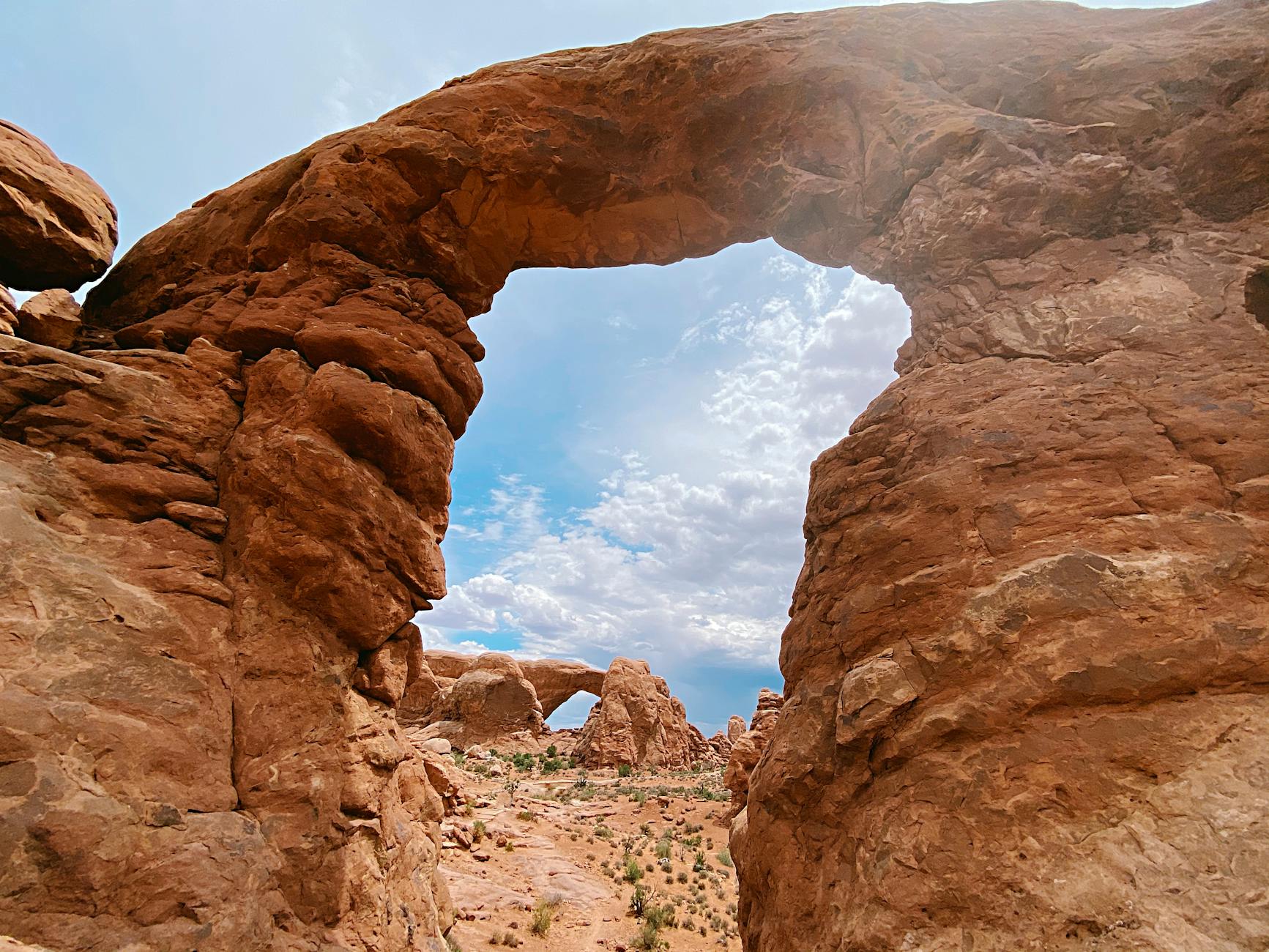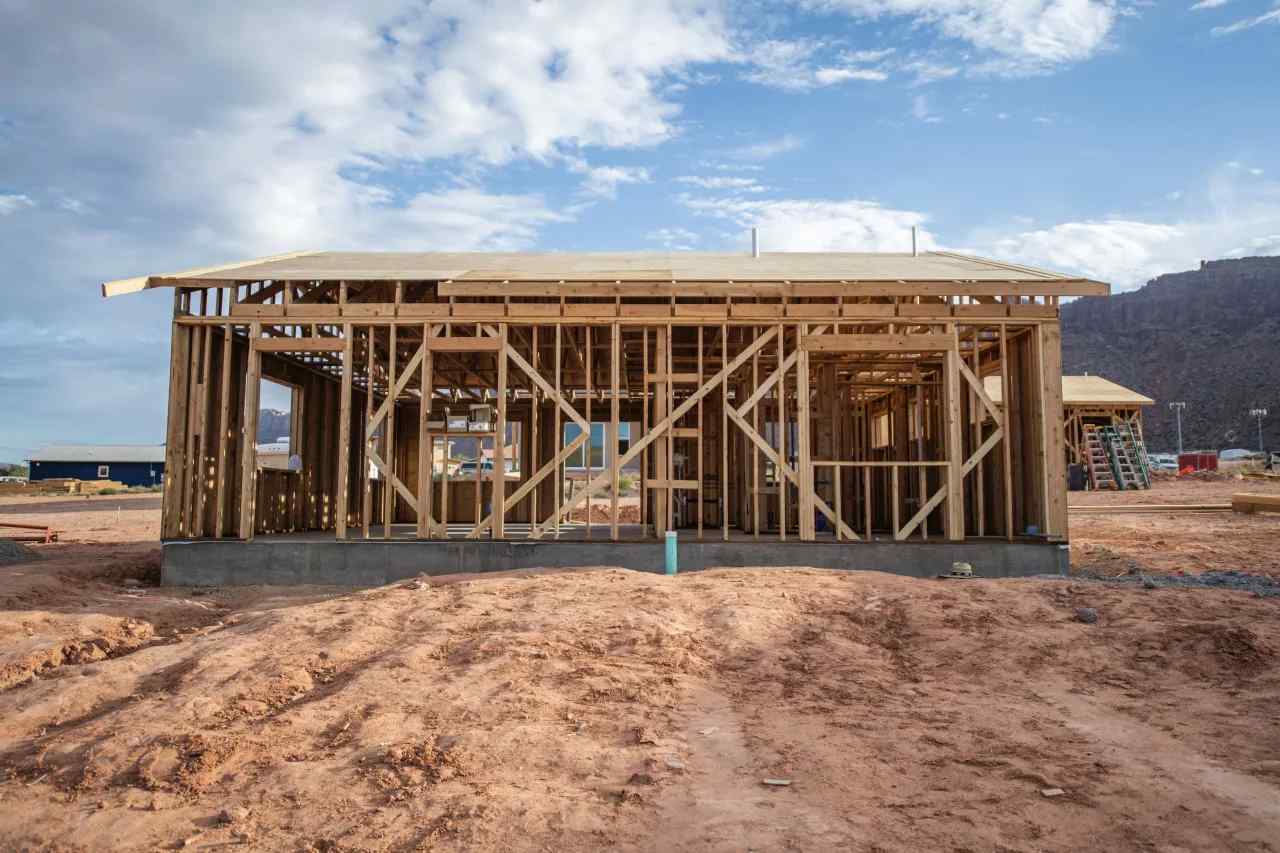The different scenarios and circumstances that fall under the term “camping” are broad and diverse, from relatives attending a family reunion parked in RVs on side streets for a weekend to van-life devotees spending a season parked in a friend’s driveway. However, when the Grand County Planning Commission and County Commission discussed a new county ordinance explicitly barring camping, there was concern that it could impact Grand County workers who live in their cars because of the lack of affordable housing options.
County staff assured commissioners that the intent of the ordinance is to give code enforcement the teeth it needs to be able to address nuisances and people illegally renting out their property as overnight accommodations to tourists, not to pursue residents struggling with housing insecurity.
On Jan. 5, the Grand County Commission passed a new ordinance clarifying that camping on private property outside of established campgrounds in Grand County is illegal. Commissioners were split on the issue, voting 4-2, with commissioners Gabriel Woytek and Sarah Stock in opposition and Commissioner Jacques Hadler abstaining.
Complaints
County Attorney Christina Sloan explained that camping was already considered illegal by the county before the new ordinance was passed.
“My predecessors attempted to prohibit camping in our land use code, but it wasn’t done well,” Sloan said.
The lack of clarity in the previous code made it too difficult to enforce the rule, according to Sloan.
She added that Moab City already has a no-camping ordinance, and the county’s new, clarified ordinance is modeled on that code.
In a Jan. 12 email to the Moab Sun News, Sloan wrote that she had received about 20 complaints in 2020 by phone, email, and text about camping on private property and that all of those complaints involved RVs.
Community Development Specialist Mila Dunbar-Irwin said her office also fields complaints from Grand County residents.
Orion Rogers is the environmental health director for the Southeast Utah Health Department. He was able to sum up his concerns about unregulated camping in a few short words.
“Proper sewage disposal,” he said. “That’s my biggest concern.”
He said the health department has observed places where RVers have released 40-50 gallons of waste onto the ground from “what they call the graywater tank—but anything that’s connected to a kitchen sink is technically blackwater.”
He indicated that proper human waste disposal has also been a problem among RV campers on federal public lands, which are not affected by the Grand County ordinance.
A larger conversation
“This feels like a much larger conversation to me,” said Planning Commissioner Josie Kovash in a Nov. 23 planning commission discussion of the ordinance.
Like Commissioner Jacques Hadler and others, Kovash acknowledged that she sometimes lived in a vehicle when she moved to Moab and noted that it’s a common solution for many seasonal workers with no other housing options. Kovash opposed the ordinance as written and urged that the policy language be more precise.
“Rather than [having people] be punishable for living in a vehicle, they should be punishable for violating some sort of law or ordinance outside of that,” said Kovash, suggesting for example a noise ordinance or public urination law. “I do think that there’s a slippery slope into just criminalizing homelessness and or poverty.” She added that she wasn’t comfortable with code that essentially made it illegal to invite friends to stay in a driveway or yard for short visits.
“I wonder about some of these gray areas and I’d like to see a path toward more legitimate uses,” she said.
The planning commission was split on whether or not to send a favorable recommendation to the county commission, and ended up sending neither a favorable nor an unfavorable recommendation.
Considering the impact of policy on residents
“There’s so many different types of things that might be called camping,” Commissioner Kevin Walker said at the Jan. 5 commission meeting, noting examples from a resident’s visiting grandchildren camping in the back yard, to property owners commercially renting out their yards or driveways to tourists.
Commission Chair Mary McGann expressed concern that this ordinance will mean it’s illegal for residents to invite family members to stay in an RV on their property for family reunions, weddings, or funerals. McGann said her own family has done the same to help family members avoid expensive hotel costs.
“It’s really hard to craft a definition in code that includes exactly the ones you want to prohibit and excludes the things like Mary’s example,” said Walker. “I just think that’s not possible. But that’s why there’s discretion about how this is enforced, and it’s complaint-driven.”
He said if problems arise with the kinds of camping the commission agrees should be allowed, they can further tweak the code at that time.
Sloan acknowledged the ordinance’s potential impact on at-risk residents.
“These matters do concern some of our marginalized populations,” Sloan said, noting that substandard RV and other mobile home type situations are often used by low-income residents and those struggling with mental illness or substance abuse. She noted that there is a community taskforce, led by the health department, that helps relocate and provide individuals living in substandard housing with resources and other options.
“I want to make it really clear that we work with the health department and also community partners—we never evict anyone, unless there’s a place for them to go and unless they have resources and help,” Sloan said at the meeting. In a Jan. 12 email to the Moab Sun News, Sloan clarified that there is no code ensuring this policy but stated that the “community team is and has always been compassionate and solution-oriented in its approach.”
Woytek opposed the new camping ordinance out of concern for members of Grand County’s workforce that don’t have affordable options other than living in vehicles or other substandard housing situations—for example, he said he recently met a river guide who alluded to living in a storage container.
He pointed out that while there are services to help those in extreme poverty or who are chronically homeless, many of the people who camp out of vehicles hold regular jobs.
“There’s clearly this sizable middle ground which I don’t feel like we have a whole lot of data on,” Woytek said in a phone conversation with the Moab Sun News, speaking of local workers who can’t find affordable housing.
Commissioner Jacques Hadler shared with the commission that when he first moved to Moab, he also was a “dirtbag seasonal.”
“I spent the first three years or so of my residence here scrambling for camping spots around the town and the county,” Hadler said, adding that he suspects many workers in the county are still in the same position. Hadler abstained from the vote.
While Woytek voted against the measure, he said he does have some faith that the ordinance will be enforced with appropriate discretion. He noted that, though the City of Moab has had a no-camping ordinance for some time, he has observed occupied camper vehicles and RVs within the city boundary.
“Hopefully the purpose of this is really just to be able to crack down on the severe abuses of people just making money,” Woytek said, agreeing that there should be a way to stop property owners from skirting overnight accommodation standards.
Options for legitimate long-term vehicle residence
At the Jan. 5 meeting, Dunbar-Irwin reminded commissioners that the county has an “employee housing exception” to the no-camping rule, which allows employers to keep five or six RVs on business property as employee housing if they meet certain requirements for sanitation and safety.
Dunbar-Irwin said a few businesses have recently expressed interest in utilizing the exception, though it hasn’t been used so far.
In the past, the commission has also discussed creating designated areas to provide a safe and legal place for Grand County residents who are long-term vehicle camping.
“RV parks get built all the time,” said Rogers, who pointed out that state health codes do explicitly allow for long-term RV park establishments, as long as they have the required sanitation, waste disposal systems and other facilities.
However, because short-term rentals can be more profitable, he said, it’s less appealing to private developers to build long-term RV parks.
Woytek said the discussion highlights the need for more affordable housing options: not just single-family homes, but small rental units for seasonal residents or single people.
“The idea of some sort of middle ground,” said Woytek, “where there’s a formalized place where people could park and live long term, in a way that was acceptable to the health officials—it seems to me like a potential opportunity.”
A new county ordinance fuels discussion of ongoing housing issues
“I do think that there’s a slippery slope into just criminalizing homelessness and or poverty.”
– Josie Kovash, Grand County Planning Commission




